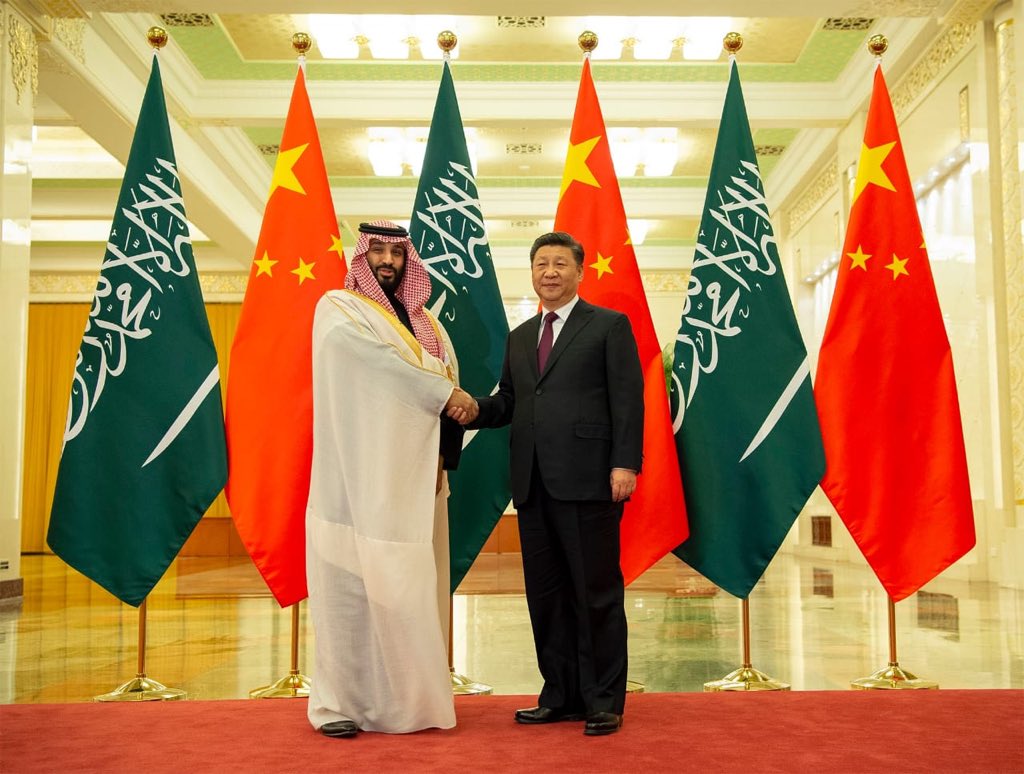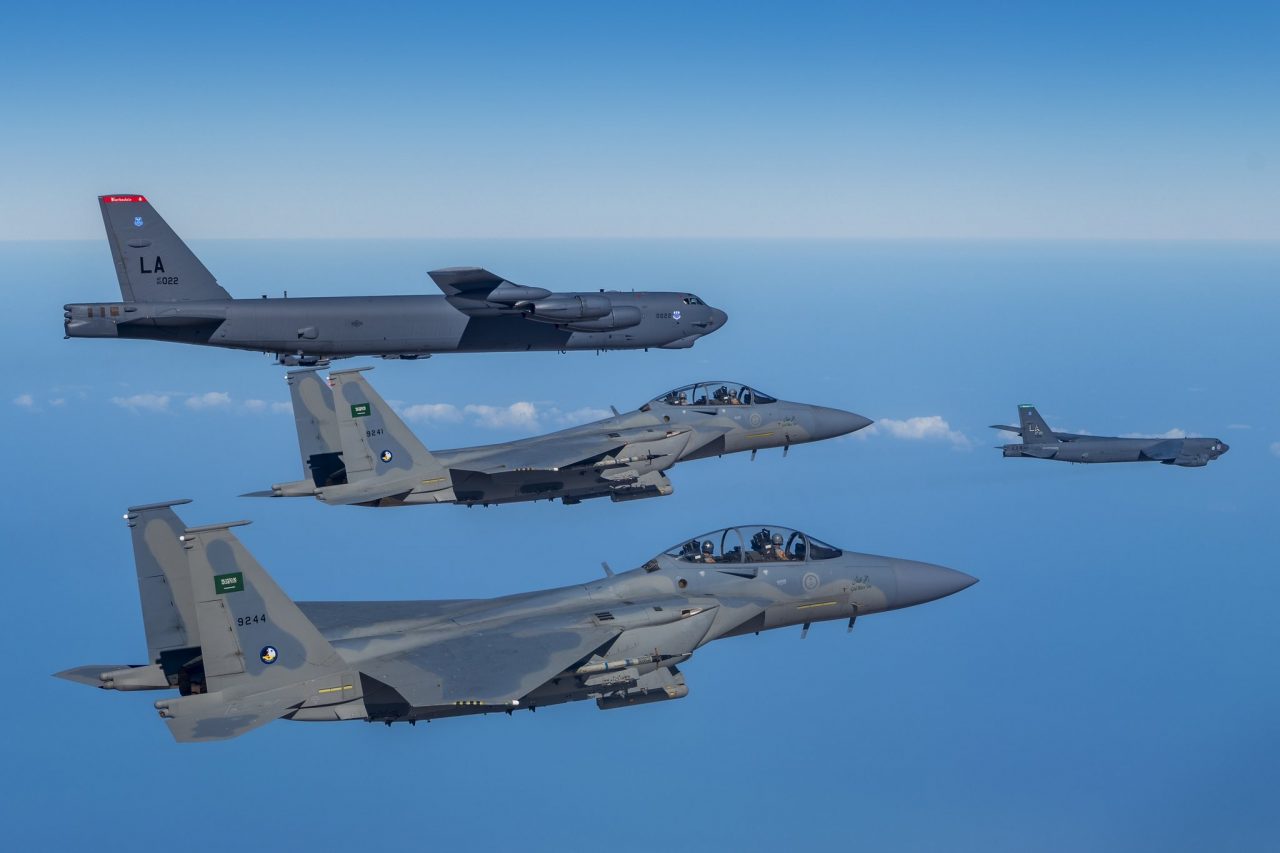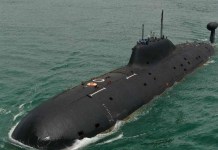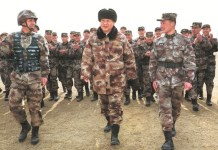At a time when the US’ influence in the Middle East has been declining, its rival China is working towards having a significant presence in the region.
China’s State Councilor and Minister of National Defense Wei Fenghe held a virtual meeting with Saudi Deputy Defense Minister Khalid bin Salman on January 26.
Extra-Terrestrial Life? Australian Scientists Decipher A Mysterious, Super-Bright, Pulsating Object In The Space
The talks were about strengthening military ties between Beijing and Riyadh at a time when America’s influence in the Middle East is declining. During the meeting, both sides pledged to “push forward practical cooperation [and] strengthening solidarity between the two armies”.
“China and Saudi Arabia should strengthen coordination and jointly oppose hegemonic and bullying practices, to safeguard … the interests of developing countries together”, Wei Fenghe told Prince Khalid bin Salman, apparently referring to the US.
“The Chinese military was keen to maintain strategic communication and push forward practical cooperation [with the Saudis]”, a Defense Ministry readout of the virtual meeting stated, quoting Wei Fenghe. The readout also quoted Saudi Arabia’s Deputy Defense Minister as saying that he urged for “stronger cooperation to enhance military ties to a higher level”.

Wei also acknowledged the ‘strong support’ provided by Saudi Arabia regarding all of Beijing’s policies for Taiwan, Hong Kong, and Xinjiang, which have been a major cause of conflict between China and the US. Riyadh is a long-standing ally of the US.
“China appreciates the strong support given by the Saudi side on issues related to Xinjiang, Hong Kong and Taiwan, and fully respects Saudi sovereignty and firmly supports [its chosen] development path”, he told Prince Khalid, CGTN reported.
China’s Growing Interest In Middle-East
The virtual meeting between the two ministers came at a time when China is preparing to enhance its “diplomatic offensive” in the Middle East, amid signs of US withdrawal from the region.
According to reports, China is a key member in the talks aimed at reviving the 2015 Iran nuclear deal which could not be fulfilled after the US pulled out in 2018. The landmark multilateral deal is believed to provide Iran with “billions of dollars worth” of sanctions relief in return for curbs on its nuclear program, SCMP reported.
The Hong-Kong media house also used an interesting headline – China, Saudi Arabia set for closer military ties as sun sets for US in Middle East referring to the famous phrase “the empire on which the sun never sets” which was used to describe the British empire that was so extensive that it seemed as though it was always daytime in at least one part of its territory.
Video Of F-35 Stealth Fighter Crash Goes Viral In China, Russia; US Navy Says Will Probe How Images Got Leaked
Beijing’s growing influence in the conflict-ridden but resource-rich Middle East was observed when Foreign Minister Wang Yi hosted his counterparts from the Persian Gulf nations — Saudi Arabia, Kuwait, Oman, and Bahrain, as well as the Gulf Cooperation Council (GCC) secretary-general — in the eastern Chinese city of Wuxi.
Later, Yi conducted individual meetings with top officials from Iran and Turkey. He asked the Gulf states to step up talks about free trade with Beijing. These talks began in 2004 but were suspended in 2009. This was because the GCC came to the decision of suspending these talks outside the six-nation bloc, which comprised the United Arab Emirates and Qatar.
China is known to be Saudi Arabia’s top economic trading partner and the largest importer of Saudi oil. During the meeting between Wang Yi and Saudi Prince Faisal bin Farhan al Saud, the former described the two countries as a “good priority for Beijing’s foreign policy in the Middle East”.
In the past few years, Saudi Arabia has purchased a number of armed drones from China. These drones were reportedly deployed during the Saudi-led airstrikes against Houthi rebels in Yemen. However, the US is still the largest weapons supplier to the Middle Eastern nation.

China’s sale of weapons to Saudi Arabia grew by nearly 400 percent between 2016 and 2020 in comparison to the previous five years. A CNN report from December 2021 stated that US assessment and satellite images showed Saudi Arabia was in the process of building its own ballistic missiles with the help of China.
This development was a cause of great concern for the US as it could not only change the power dynamics but also complicate Washington’s efforts to expand the terms of a nuclear deal with Iran for including restraints on its own missile technology, a common goal shared by the US, Europe, Israel, and Gulf countries, according to CNN.
33,000-Ft Fall! Meet The Flight Attendant Who Pulled-Off The Biggest Known Plunge In The History Of Mankind
Relations between the US and Saudi Arabia have become strained in the past few years over human rights concerns. The killing of journalist Jamal Khashoggi in a Saudi consulate in Istanbul in 2018 worsened their ties.
Ever since US President Joe Biden took office, he has spoken only once to King Salman — in February 2021 — and is yet to make an official visit to what is believed to be one of the US’ strongest allies in the Middle East.
- Written by Kashish Tandon/EurAsian Times Desk
- Contact the author at: kashishtandon21@gmail.com
- Follow EurAsian Times on Google News




